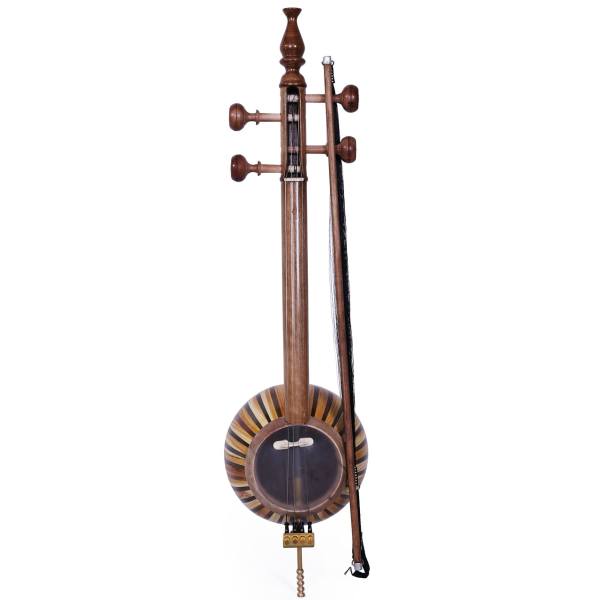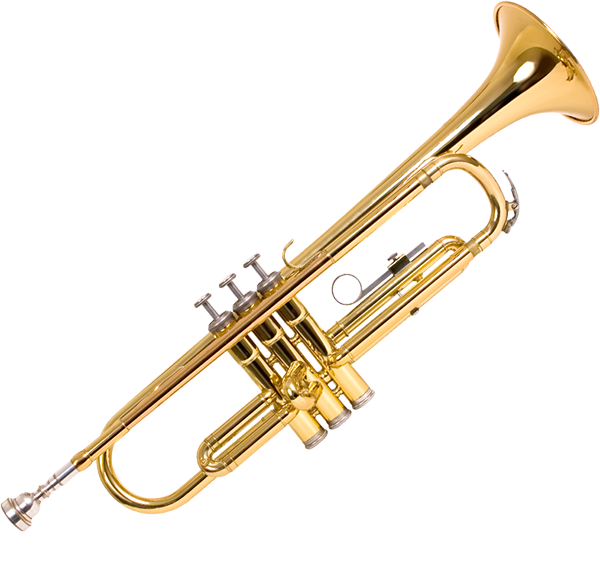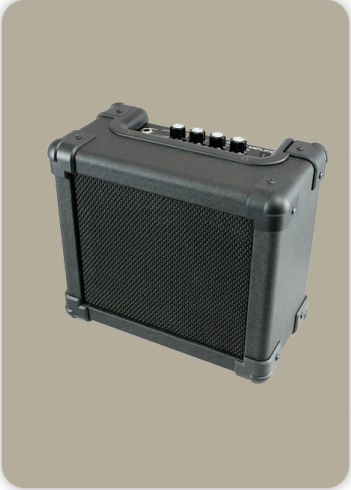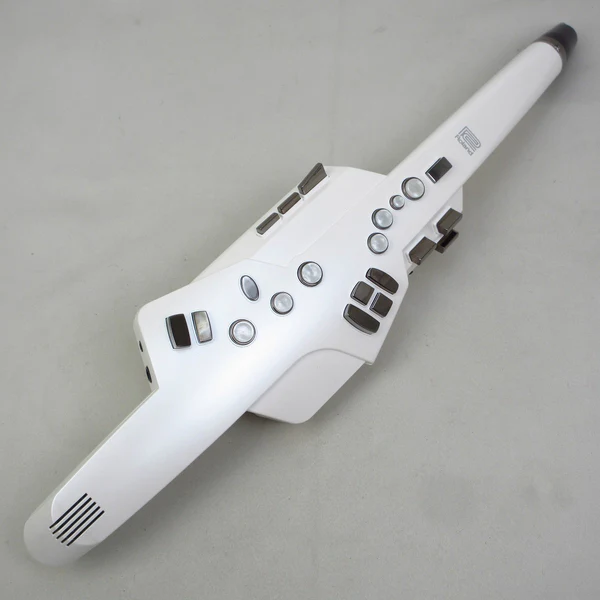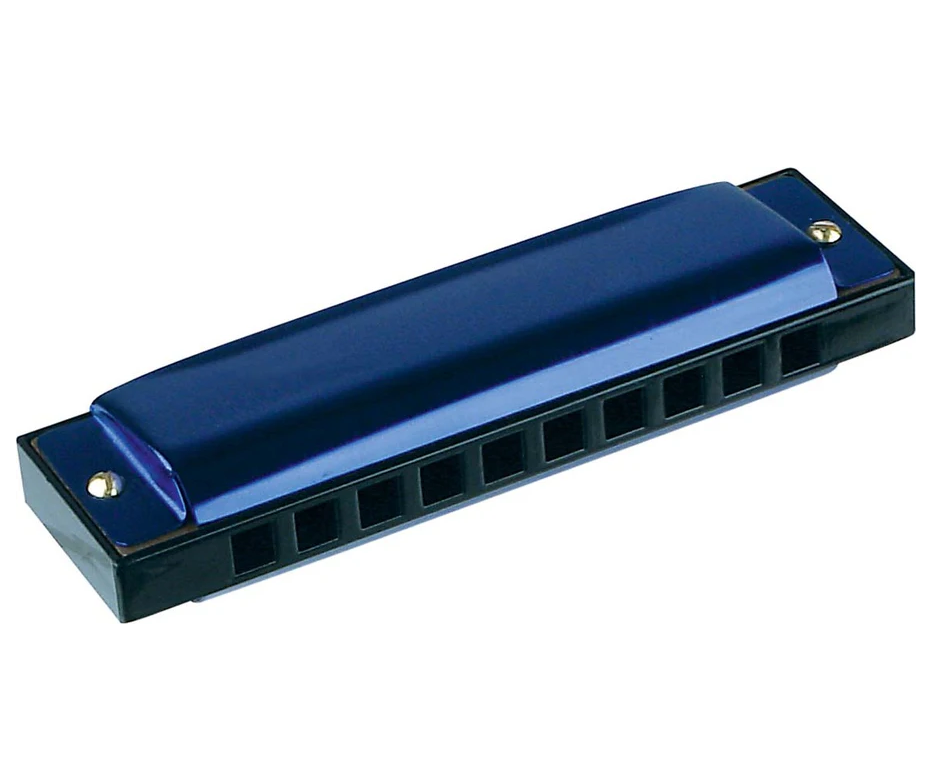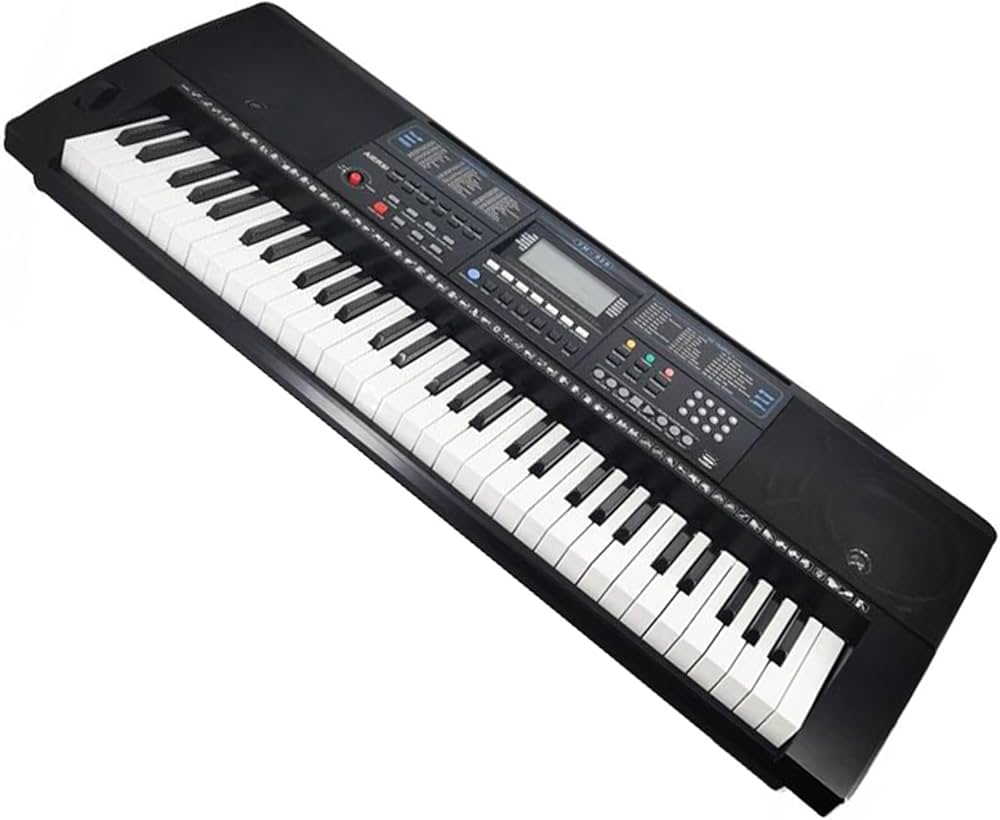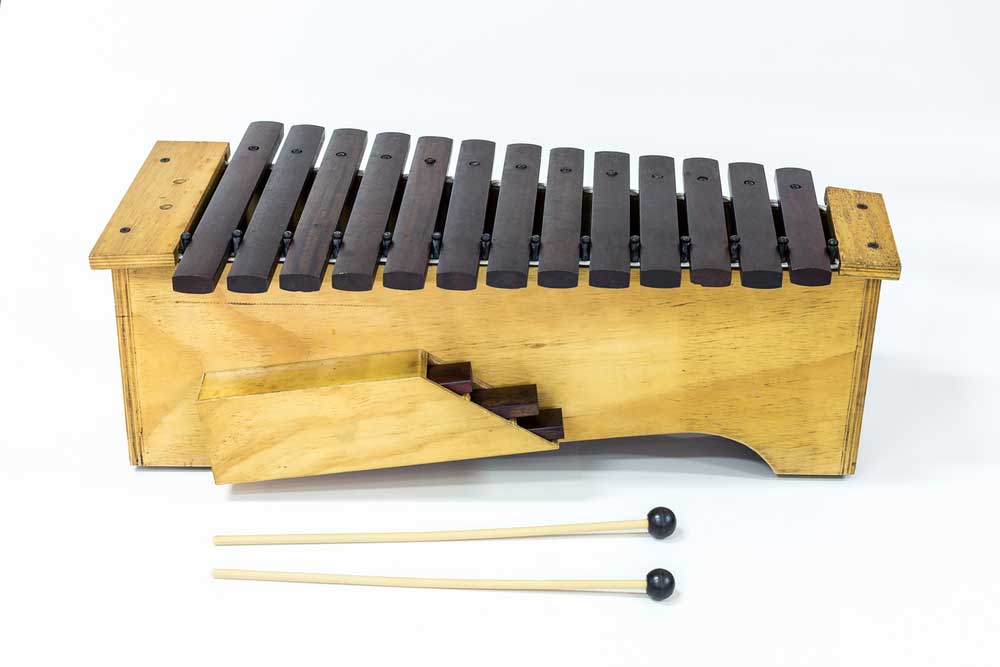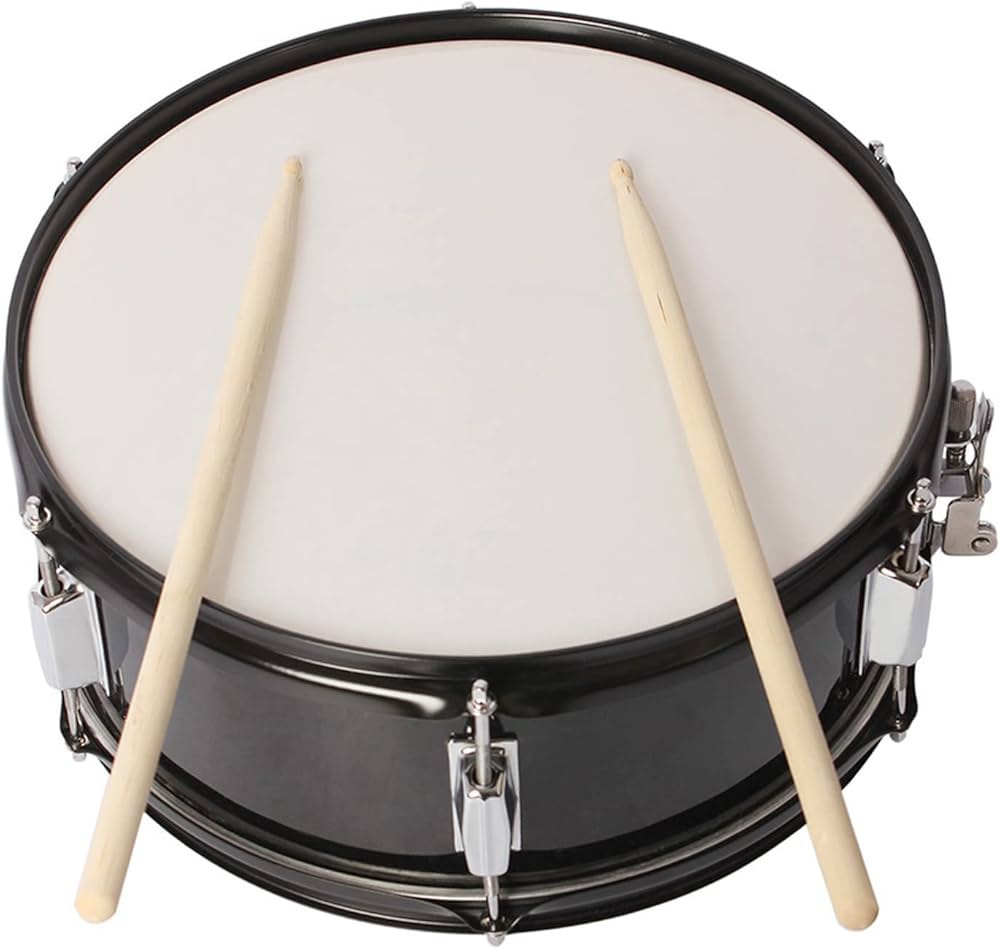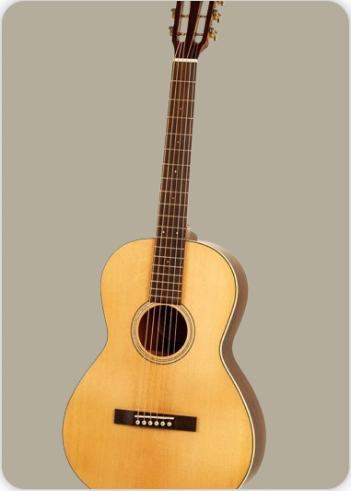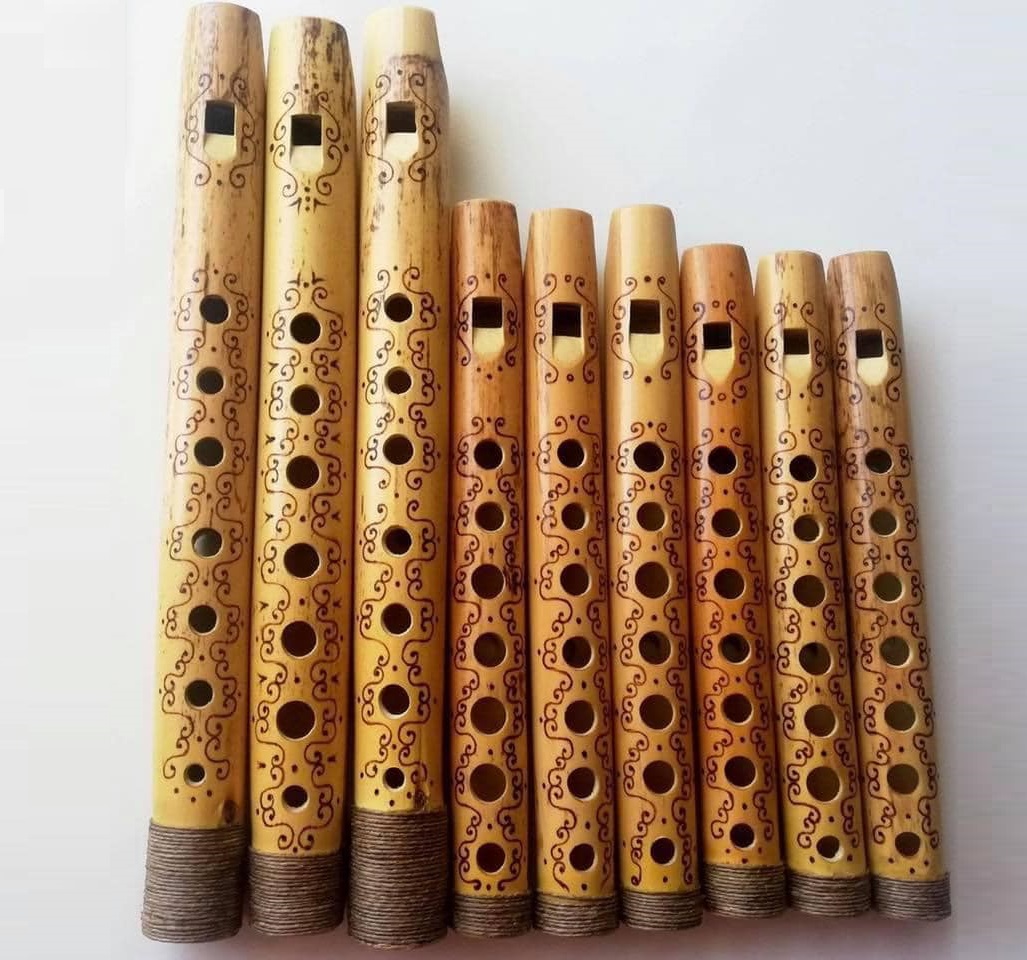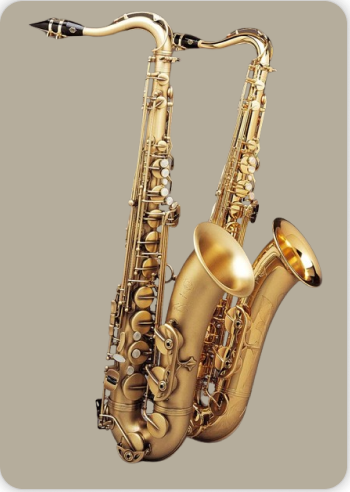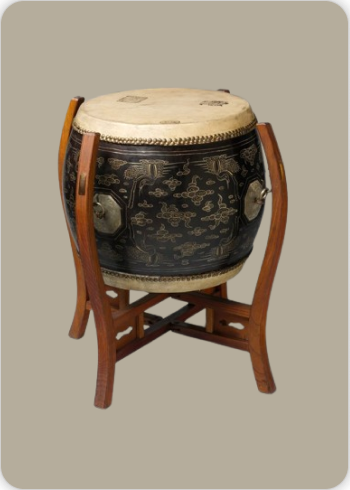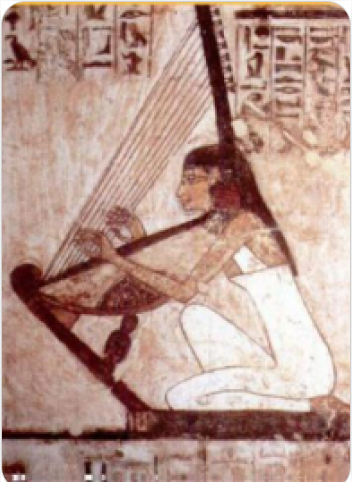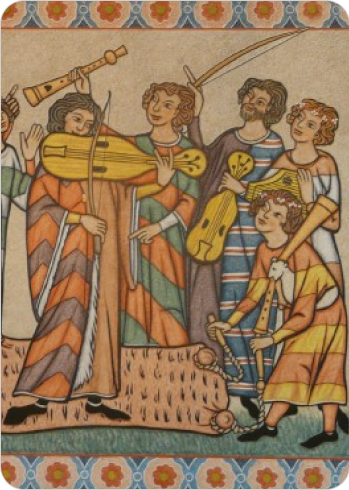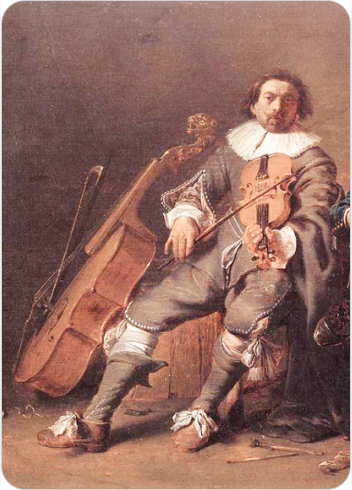Friscalettu
Woodwinds
Europe
Ancient
Video
The friscalettu, also known as friscaletto, is a traditional Sicilian flute that holds a significant place in the island’s rich musical heritage. This end-blown wind instrument, typically crafted from Mediterranean cane, produces a melodious and sweet sound that has been integral to Sicilian folk music for centuries.
Historical Background
The origins of the friscalettu can be traced back to ancient times. Depictions of similar instruments have been found dating to the 5th century B.C., during the era of the Siceliots, the Greek inhabitants of Sicily. This historical lineage underscores the instrument’s deep-rooted presence in Sicilian culture.
Construction and Design
Traditionally, the friscalettu is handcrafted from reeds harvested between November and March, preferably during the nights of the waning moon. These reeds are then left to cure for about two years before being fashioned into instruments. The flute features seven holes on the front and two on the back, allowing for a range of notes. The mouthpiece is often made from woods such as olive, fig, or oleander, contributing to its distinctive timbre.
Playing Technique
Playing the friscalettu requires a steady breath to produce a consistent tone. The musician covers and uncovers the holes to modulate pitch, similar to other flutes. Due to its design, the friscalettu does not allow for significant variations in volume; increasing breath pressure can lead to detuning. Each instrument possesses its unique personality, timbre, and nuances, making mastery a nuanced endeavor.
Role in Sicilian Folk Music
The friscalettu is a staple in Sicilian folk ensembles, often accompanying dances like the tarantella. Its bright and lively sound complements other traditional instruments such as the tambourine, marranzano (jaw harp), and accordion. In the post-war period, the friscalettu became prominent in folk groups, symbolizing the resilience and vibrancy of Sicilian musical traditions.
Cultural Significance
Beyond its musical applications, the friscalettu embodies the artisanal spirit of Sicily. Craftsmen like Riccardo Termini have dedicated themselves to preserving the traditional methods of making and playing the instrument, ensuring that this cultural treasure is passed down through generations. The friscalettu is not merely an instrument but a symbol of Sicilian identity and heritage.
Modern-Day Preservation
Today, efforts to preserve and promote the friscalettu continue. Artisans and musicians collaborate to keep the tradition alive, hosting workshops, performances, and educational programs. The instrument’s enduring appeal lies in its simplicity and the rich, evocative sounds it produces, capturing the essence of Sicilian culture.
The friscalettu stands as a testament to Sicily’s enduring musical traditions. Its distinctive sound and historical significance make it a cherished component of the island’s cultural landscape. As both a musical instrument and a cultural artifact, the friscalettu continues to inspire and connect people to Sicily’s rich heritage.
FAQ
What type of musical instrument is the Friscalettu?
The Friscalettu is a small Sicilian wind instrument, classified as a fipple flute. Traditionally made from cane or wood, it has a simple structure with finger holes to produce different pitches.
How is the Friscalettu used in music?
The Friscalettu is commonly used in folk music, accompanying dances and celebrations. It is played using a combination of breath control and finger movements to create melodic tunes.
What types of music feature the Friscalettu?
The Friscalettu is primarily found in Sicilian folk music, often played in tarantella and other traditional dance forms. It also appears in contemporary adaptations blending folk with modern styles.
 Links
Links
References
Other Instrument
Categories
